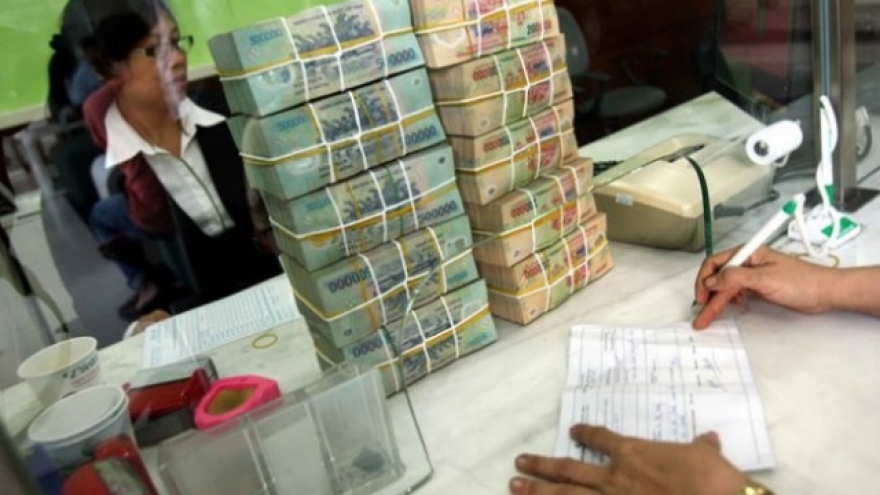Vietnam’s fiscal deficit likely to remain wide during 2019
VOV.VN - With budget collection likely to be constrained due to the loss of import duties and tariffs as Vietnam continues to open up its trade doors, the country’s budget deficit is likely to remain wide, reported a research firm.
 |
These developments pose downside risks to Vietnam’s positive economic growth outlook given that the Government would find it difficult to plug the large infrastructure financing gap.
Fitch Solutions quoted comments from Dang Quyet Tien, head of the Ministry of Finance’s Corporate Finance Department that under the Government’s SOE privatization plan, there were 135 SOEs that had to undergo divestment in 2017 and 181 in 2018.
However, it was reported in November 2018 that the Government had only been able to divest its stakes from 31 firms over the past two years, including 13 in 2017 and 18 in 2018.
Moving forward, the research firm said the divestment process will remain slow given tightening monetary conditions globally, which would weigh on risk appetite.
Furthermore, existing administrative challenges such as the influence of special interest groups, difficulties relating to enterprise valuations, the approval of land use plans, as well as complicated pre-equitization auditing processes are unlikely to be resolved in the near future.
Fiscal impediments pose downside risk to growth
Vietnam’s budget deficit as a share of GDP has widened considerably since 2016. It is considered a key downside risk to its positive economic growth outlook.
The Government needs to rein in its public debt load which is hovering near the National Assembly’s mandated ceiling of 65 per cent of GDP. And this will continue to hamper the Government’s ability to invest in infrastructure which would put further downside pressure on public finances.
Without the successful sale of SOEs, Fitch Solutions believes that the Government will struggle to raise the sufficient funds needed for capital expenditure over the coming years.
For instance, the construction of Long Thanh International Airport is scheduled to commence in 2019 and is estimated to cost a hefty US$15-16 billion, amounting to around 7 per cent of the country’s GDP.
The first phase of development on the airport is expected to be completed by 2025, but has already started to face funding issues. The land clearance for the site will require an estimated VND22.98 trillion (US$1 billion).
However, the National Assembly has only agreed to allocate just VND5.0 trillion for the project under the 2016-20 medium-term public investment plan. Therefore, in order to commence the project, it still faces a shortfall of nearly VND18 trillion.
On the revenue side, a slew of trade agreements being negotiated will negatively impact the Government's trade-related revenue over the medium term, Fitch Solutions claimed.
The country currently has 10 free trade agreements and six more in the pipeline, including the Regional Comprehensive Economic Partnership, the Comprehensive Progressive Trans-Pacific Partnership, and the EU-Vietnam Free Trade Agreement.
As these deals begin to take effect, the Government will be required to enact some immediate and phased cuts to import duties.


